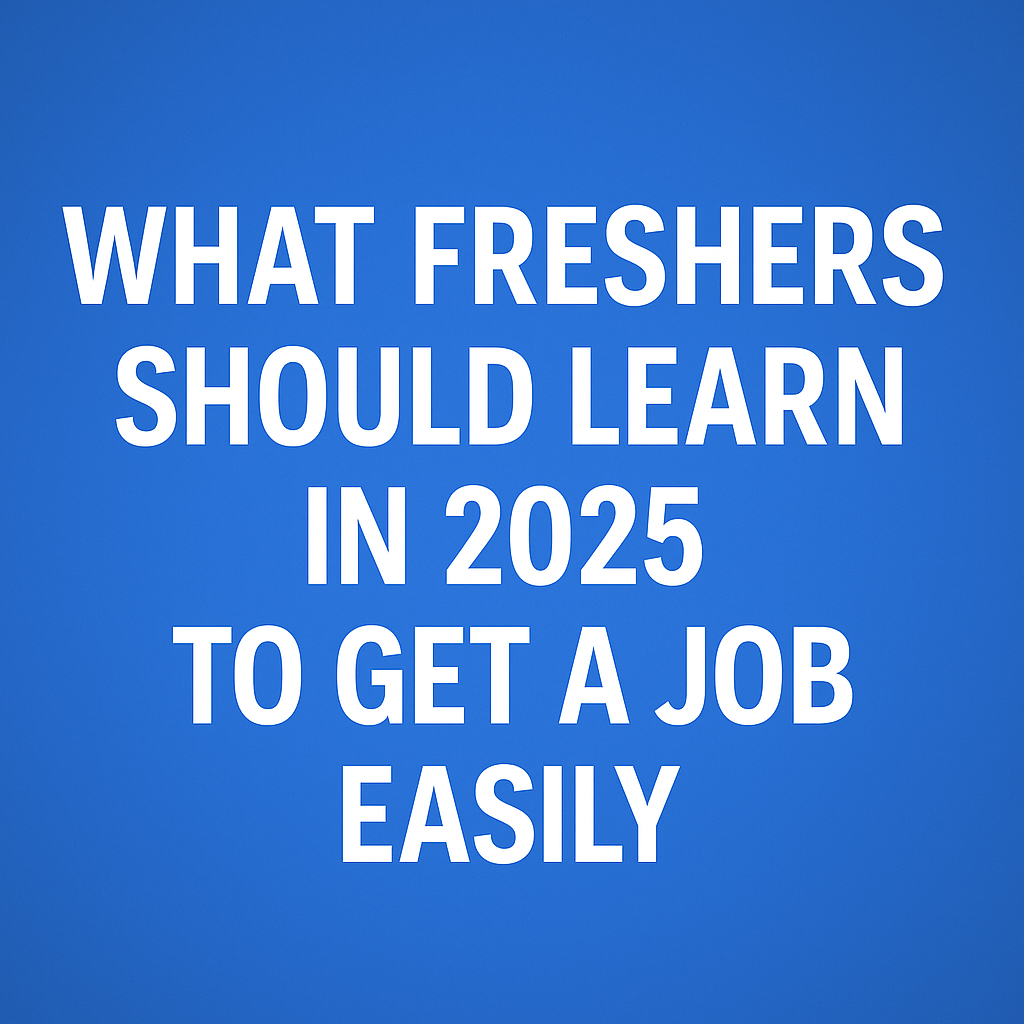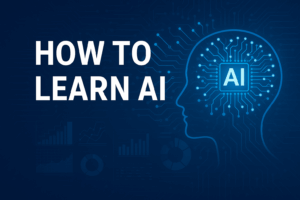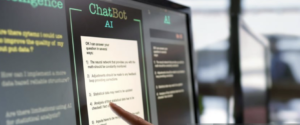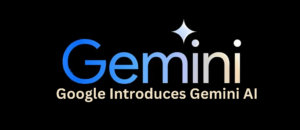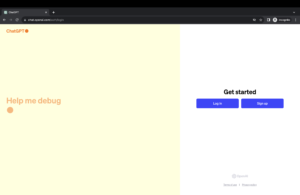In 2025, India is producing over 1.5 million engineering and tech graduates annually. But while degrees have become common, job-readiness has not. The harsh reality is — many freshers are struggling to get jobs, not because they’re not smart, but because they don’t know what to learn and where to focus.
If you’re a B.Tech or MCA fresher, this guide will give you crystal-clear direction on what you need to learn right now to stand out and get hired faster.
🎯 1. Learn Job-Ready Programming Languages
Why it matters:
Recruiters don’t care how many languages you “know” — they want to see what you can build.
What to learn:
- Python – clean syntax, used in AI/ML, automation, and backend
- JavaScript – essential for web development (frontend + backend)
- Java – widely used in enterprise applications (Spring Boot)
- SQL – must-have for database querying
🖥️ 2. Pick a Specialization (Don’t Try to Learn Everything)
Specialization shows focus. Pick one:
| Career Path | Learn These Tools / Concepts |
|---|---|
| Frontend Dev | HTML, CSS, JavaScript, React, Tailwind CSS |
| Backend Dev | Node.js, Express.js, MongoDB, REST APIs |
| Full Stack Dev | MERN Stack (MongoDB, Express, React, Node) |
| AI/ML Engineer | Python, Pandas, Scikit-learn, TensorFlow, NLP basics |
| DevOps/Cloud | Linux, Git, Docker, GitHub Actions, AWS basics |
| Mobile Dev | Flutter or React Native |
🛠️ 3. Build and Showcase Projects
Why?
A GitHub with projects gets more attention than a resume with only grades.
Ideas:
- AI Resume Parser (extracts skills from PDFs)
- Task Management App (React + Node)
- Face Login System using webcam (with face-api.js)
- Portfolio website with contact form
- ChatGPT-powered Q&A bot
Upload projects to GitHub. Bonus: Host them live using Netlify or Vercel.
💡 4. Learn Problem Solving & DSA (Even Basic)
Why?
For companies like TCS, Infosys, Wipro, and product startups, DSA is still king.
What to do:
- Learn arrays, strings, recursion, sorting, searching, linked lists, trees
- Practice on LeetCode, GeeksforGeeks, HackerRank
- Aim for 100+ problems to get interview-ready
🌍 5. Understand the Basics of AI (Optional but Powerful)
Why?
In 2025, most tech roles intersect with AI.
Learn the basics of:
- What is AI, ML, and Deep Learning?
- How ChatGPT and LLMs work (just conceptually)
- Try using Google’s Teachable Machine or AutoML tools to get hands-on
☁️ 6. Learn Version Control and Hosting
Every job expects you to know how to:
- Use Git and GitHub (collaboration and history)
- Host websites using Netlify, Vercel, or Render
- Deploy backend on Render or Railway.app
- Understand basic CI/CD (GitHub Actions)
💼 7. Create a Job-Ready Resume and LinkedIn Profile
Your resume should reflect what you can do, not just what you’ve studied.
- Keep it 1 page
- Highlight projects, skills, certifications
- Add your GitHub, LinkedIn, and portfolio links
- On LinkedIn:
- Add a profile photo
- Post your projects and learning journey
- Follow companies and recruiters
🌐 8. Apply Smart, Not Just Hard
Instead of mass applying, do this:
- Apply on CutShort, LinkedIn, AngelList, Internshala
- Send cold emails to startups with a link to your project and resume
- Join Discord groups or Telegram channels for job alerts
💬 9. Improve Soft Skills and Interview Skills
- Practice mock interviews on platforms like Pramp, InterviewBuddy
- Record yourself explaining a project in English
- Learn how to answer common questions like:
- “Tell me about yourself”
- “What are your strengths?”
- “Explain one of your projects”
📌 Key Takeaway
Getting a job in 2025 isn’t about marks — it’s about skills.
If you can build things, solve problems, and communicate clearly, you’re already ahead of most.
✅ Final Checklist for Freshers
| Skill/Activity | Status |
|---|---|
| Learned a programming language | ☐ |
| Completed 2–3 real-world projects | ☐ |
| Created GitHub & uploaded code | ☐ |
| Practiced 50–100 DSA problems | ☐ |
| Built a LinkedIn profile | ☐ |
| Deployed at least 1 project online | ☐ |
| Learned basics of Git | ☐ |
| Done 1 mock interview | ☐ |
Tick them off — and you’re job-ready.
In a world full of degrees, be a doer.
Jobs don’t go to the most qualified on paper — they go to the most prepared. Start today, learn smart, and build your way into the industry.

